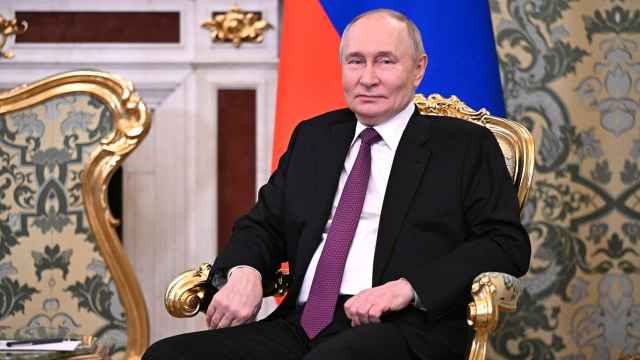
Boris Bruk
Of Counsel
Salans
Russia has recently adopted rules on transfer pricing that, despite their considerable detail, have left a number of practical questions unresolved. One of the main issues raised by the new rules is more an organizational and technical dilemma than a legal one: where to find the information required for transfer pricing analysis.
The touchstone of the transfer pricing analysis is the fair market price of the relevant goods. The methods that the law suggests for determining market price are based on examining and comparing information about the activities of other companies on the same product market. However, this kind of information (concerning price, business volumes, transaction conditions, discounts and so forth) is commercially sensitive and may therefore be unavailable to other market participants. At the same time, the law requires a significant number of factors directly or indirectly affecting the applicable price to be taken into consideration. In this context, taxpayers need to know where they can find information that is sufficiently complete and reliable to satisfy the tax authorities and courts.
The transfer pricing legislation first suggests using prices quoted on Russian and foreign exchanges, both as published by the exchange and as contained in official sources. However, far from all goods are traded on exchanges, and exchange prices may not reflect information on the specifics of individual transactions (such as volumes, delivery conditions and so forth). Therefore, the opportunities for using this information are limited.
In this case, taxpayers may be helped by a professional database, containing information in a more detailed form. Unfortunately, the Russian market for legal databases so far remains underdeveloped.
One example of a Russian database system containing information on the business activities of Russian companies is SPARK (). Among other things, this database includes statements and issuer reports for a large number of Russian enterprises.
Besides Russian databases, taxpayers should not disregard the information in databases kept by major foreign statistics suppliers. Without purporting to be an exhaustive list, a few of these foreign information sources include:
- RoyaltyStat (), which is a U.S. database of information on license fees for various intangible assets and related services.
- Compustat (), which is a Standard & Poor's database containing, inter alia, financial information on companies in Russia.
- The Amadeus and Osiris databases published by Bureau van Dijk (), contain financial and corporate information on millions of European (including Russian) private (Amadeus) and public (Osiris) companies.
- The One Source Business Browser and One Source Express databases published by One Source (), which provide information on North American, European and Asian companies, with a focus on small and medium enterprises.
Obviously, the information in these sources will not provide an answer in every situation. This information often provides a general picture of a company's financial activities (for example, profitability), without details on specific transactions, and therefore can only be applied in a limited number of methods (such as the cost plus method, resale price method and comparable margin method). Furthermore, in cases where the company with which the audited taxpayer is compared conducts several discrete activities and there is no breakdown of the financial results for each activity, the use of the information may also be questioned.
Therefore, Russian organizations and foreign companies carrying out activities in Russia would be well advised to use all the legal information sources at their disposal, especially given that the new transfer pricing legislation has moved a part of the burden of proof to the taxpayer. The broader the taxpayer's sources of information, the better its chances of successfully defending its prices.
A Message from The Moscow Times:
Dear readers,
We are facing unprecedented challenges. Russia's Prosecutor General's Office has designated The Moscow Times as an "undesirable" organization, criminalizing our work and putting our staff at risk of prosecution. This follows our earlier unjust labeling as a "foreign agent."
These actions are direct attempts to silence independent journalism in Russia. The authorities claim our work "discredits the decisions of the Russian leadership." We see things differently: we strive to provide accurate, unbiased reporting on Russia.
We, the journalists of The Moscow Times, refuse to be silenced. But to continue our work, we need your help.
Your support, no matter how small, makes a world of difference. If you can, please support us monthly starting from just $2. It's quick to set up, and every contribution makes a significant impact.
By supporting The Moscow Times, you're defending open, independent journalism in the face of repression. Thank you for standing with us.
Remind me later.





